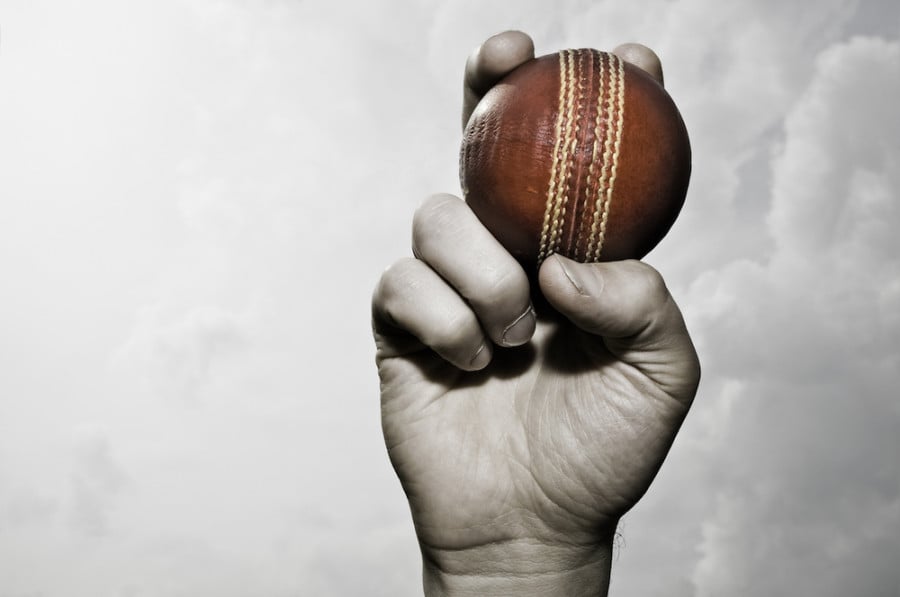ECB Racism Disciplinary Proceedings To Be Held In Public: Open Justice In Sports Disputes

On 3 November 2022, the BBC announced that in an “unprecedented” move the England and Wales Cricket Board’s (‘ECB’) disciplinary proceedings arising from racism allegations at Yorkshire Cricket will take place in public.1
In the last few years, we have witnessed increased scrutiny of the practice that disciplinary and regulatory proceedings held by various sports governing bodies are in private. Such proceedings often relate to matters of genuine public interest, and invariably are of importance at least to other participants in sport. Why should they be held behind closed doors? How does the principle of Open Justice apply to proceedings in sport?
The recent landmark decision of the ECB’s Independent Cricket Disciplinary Commission (CDC) that its proceedings about allegations of racism in Yorkshire Cricket should be held in public was made following an application we made on behalf of Mr Rafiq, one of the main witnesses in those proceedings. Yet despite the conclusion in that important decision, the actual details of the application, and to date even (somewhat astonishingly) the CDC’s written reasons for its decision, remain in private, and so this article focusses on the wider arguments at stake with respect to this important issue.
In this article, the author, who made the successful application for the proceedings to be held in public on behalf of former professional cricket player and whistle blower, Azeem Rafiq, discusses the wider implications of the case, drawing on key cases and legal principles.
To continue reading or watching login or register here
Already a member? Sign in
Get access to all of the expert analysis and commentary at LawInSport including articles, webinars, conference videos and podcast transcripts. Find out more here.
- Tags: Athlete Welfare | Court of Arbitration for Sport (CAS) | Cricket | Disciplinary | Dispute Resolution | ECB | European Convention of Human Rights | Inclusion | Justice | Open Hearings | Racism | Regulation | Regulation & Governance | Sport | Switzerland | United Kingdom (UK)
Related Articles
- The dichotomy and future of sports arbitration - Domestics arbitration
- The rebalancing of power - the need for greater transparency in sports tribunals
- The right to a fair hearing in sports’ cases: lessons from the ECtHR’s decision in Mutu & Pechstein
- Lord Dyson, one of the leading lawyers of his generation, shares his perspective on sports law - E87
- Open justice - why sports arbitration awards should be made public
- An Authority On Transparency In Sports Arbitration - MCFC v The Premier League
Written by
Nick De Marco KC
Nick De Marco KC is ranked as one of the top lawyers in sports law. He acts for international and domestic sports-governing bodies, federations, players, clubs, sponsors, broadcasters and agents across all sports in both commercial and regulatory disputes.
He is recognised as the foremost expert in football regulatory issues by all the leading UK legal directories. In addition to acting in numerous high-profile football disputes, he has a busy practice in many other international sports including boxing, motorsports, tennis, gymnastics, cricket, rugby and athletics.
He regularly lectures and writes on sports law, is author and editor of ‘Football and the Law’ (Bloomsbury 2018 & 2022) and ‘Challenging Sports Governing Bodies’ (Bloomsbury, 2016), contributor to ‘Lewis & Taylor: Sport and the Law’ (Bloomsbury, 2021) member of the Editorial Board of Law In Sport & Football Legal and the Advisory Board of the Middle East Sports Law Platform and host of The Sports Law Podcast.




